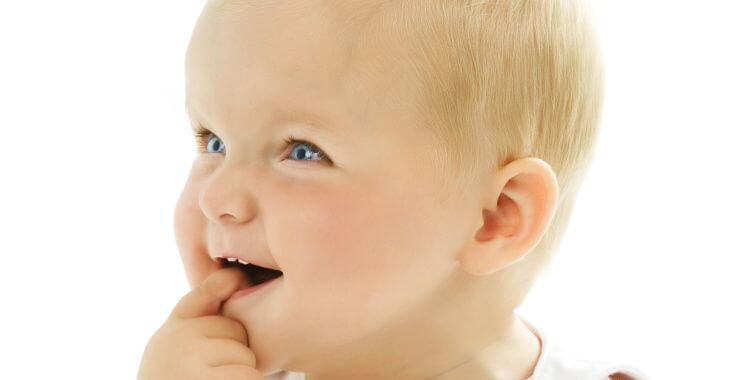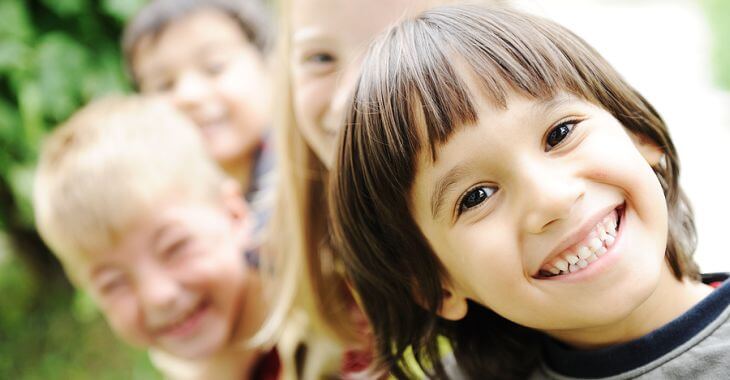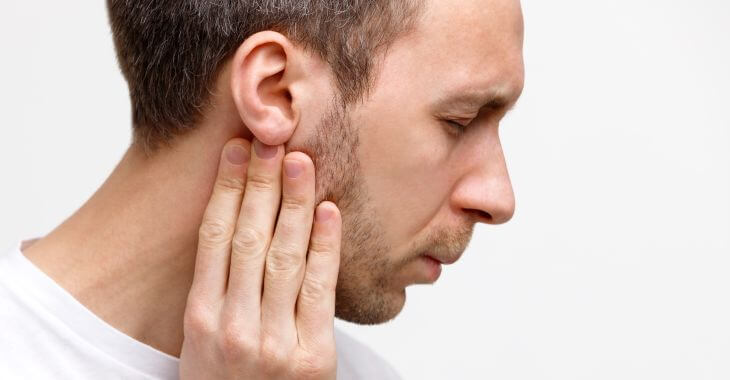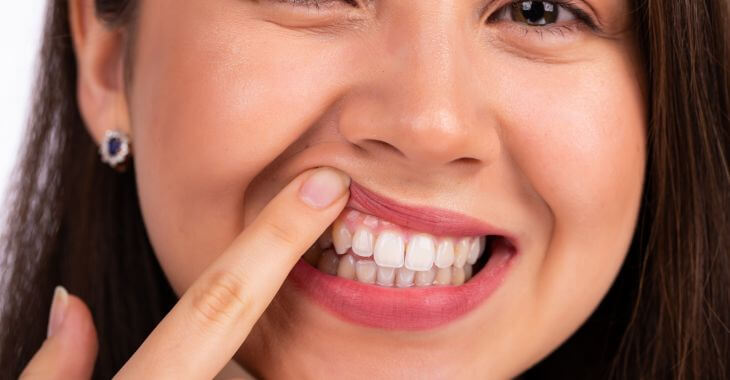Is Your Baby Grinding Teeth? How to Get Them to Stop

If you have noticed your baby making strange clicking or squeaking sounds with their mouth, you are not alone. Baby grinding teeth is a common phase, especially when new teeth are erupting. While it might sound alarming, it is usually a normal part of your baby’s development.
Why Is My Baby Grinding Their Teeth?
This behavior, known as bruxism, often begins when babies start teething, typically between 6 months and 2 years old. As those tiny teeth emerge, babies start exploring their mouths in new ways, and grinding is just one of them.
Common Reasons for Baby Teeth Grinding
Understanding why your baby is grinding their teeth can help you respond appropriately. Some of the most common reasons include:
- Teething discomfort
- Curiosity about new teeth
- Soothing and self-regulation
- Muscle development in the jaw
Sometimes it’s just a way for your baby to process new sensations in their mouth.
Signs Your Baby is Grinding Their Teeth
Aside from the noise, there are other signs that your baby is grinding new teeth, including:
- Noticeable jaw movement during naps
- Flattened or worn-looking teeth
- Fussiness or disrupted sleep
- Clicking or scraping sounds during the day
Not all signs are obvious, so keep an eye on subtle behaviors too.
Is It Harmful?
In most cases, tooth grinding in babies isn’t dangerous. However, prolonged or intense grinding may cause some issues over time, especially if the behavior continues past toddlerhood. Potential risks include:
- Wear and tear on new teeth
- Gum irritation or soreness
- Jaw tension or mild pain
- Interrupted sleep cycles
Still, the majority of babies will grow out of the habit without lasting effects.
How to Stop Baby from Grinding Teeth
If you’re wondering how to stop baby from grinding teeth, there are several simple steps you can take at home to reduce or redirect the behavior. Start by identifying any triggers, then offer alternatives and comfort.
1. Provide Teething Relief
Teething is one of the main reasons for baby teeth grinding. Try:
- Chilled teething rings or soft toys
- Cold, damp washcloths for chewing
- Frozen fruit in mesh feeders (if age-appropriate)
These offer relief and distract from grinding.
2. Create a Calming Bedtime Routine
Stress—even in infants—can contribute to nighttime grinding. Establish a relaxing routine with:
- Gentle rocking or lullabies
- Dim lighting before bed
- A warm bath to soothe tension
A consistent sleep routine can reduce nighttime grinding episodes.
3. Monitor Pacifier Use
Pacifiers can be soothing, but overuse may contribute to jaw strain or misalignment. Limit use once your baby starts teething, especially after 12 months.
4. Adjust Sleeping Position
Encourage safe back sleeping, which is also the best position to reduce grinding pressure on the jaw. Avoid side or stomach sleeping for young babies unless advised otherwise by your doctor or pediatrician.
5. Offer Gentle Massage
If your baby seems uncomfortable, gently massage the jaw or facial muscles. Use soft, circular motions to relax the area and relieve any minor tension from grinding.
When Should You See a Doctor or Dentist?
You should schedule your baby’s first dental visit by age one or within six months of their first tooth appearing. A pediatric dentist can check for early wear and offer advice. Your pediatrician can also monitor your baby’s teeth and advise you if treatment is needed.
Seek a professional opinion if:
- Teeth appear chipped or worn
- Grinding disrupts sleep regularly
- Your baby seems in pain while chewing
- The habit continues past age 3
A dentist can guide you on how to stop baby from grinding teeth with safe, age-appropriate methods.
My Baby Is Grinding New Teeth—Should I Worry?
Most of the time, baby grinding new teeth is nothing to stress over. Babies are naturally curious, and grinding can be part of how they explore their bodies and sensations. By age 3 to 6, most children outgrow grinding completely.
Tips to Support Healthy Tooth Development
While managing grinding, support your baby’s overall dental health with good habits:
- Use a soft-bristled toothbrush
- Avoid sugary drinks or snacks
- Don’t let your baby sleep with a bottle
- Offer healthy teething snacks (chilled fruits, soft veggies)
Strong, healthy teeth are more resistant to wear from grinding.
What Not to Do
It’s important to respond gently. Avoid:
- Scolding your baby
- Forcing them to stop
- Giving hard foods or toys that can damage teeth
Instead, focus on comfort, distraction, and monitoring.
Baby Teeth Grinding Is Usually a Phase
Tooth grinding can sound unpleasant and spark concern, but it is often a harmless developmental stage. Babies grow fast, and their bodies—including their teeth—go through many changes in a short time.

If your baby is grinding their teeth, stay calm and observe. Most babies stop grinding without intervention. Provide comfort, monitor dental health, and consult a doctor or dentist if you have concerns. Now that you know how to stop baby from grinding teeth, you can manage it with confidence.
The information provided on this website, including text, graphics, images, and other materials, is intended solely for informational purposes and should not be used as a substitute for professional medical advice, diagnosis, or treatment.




)